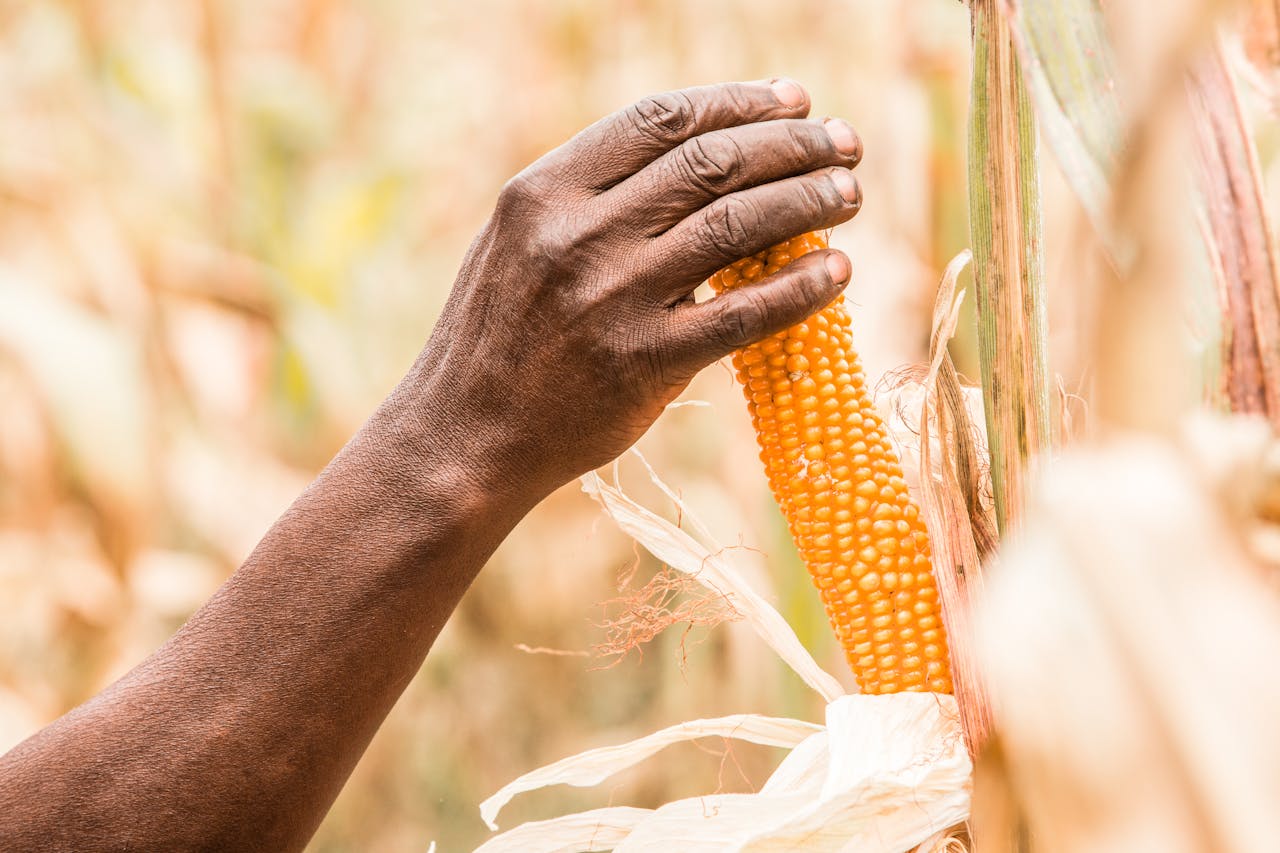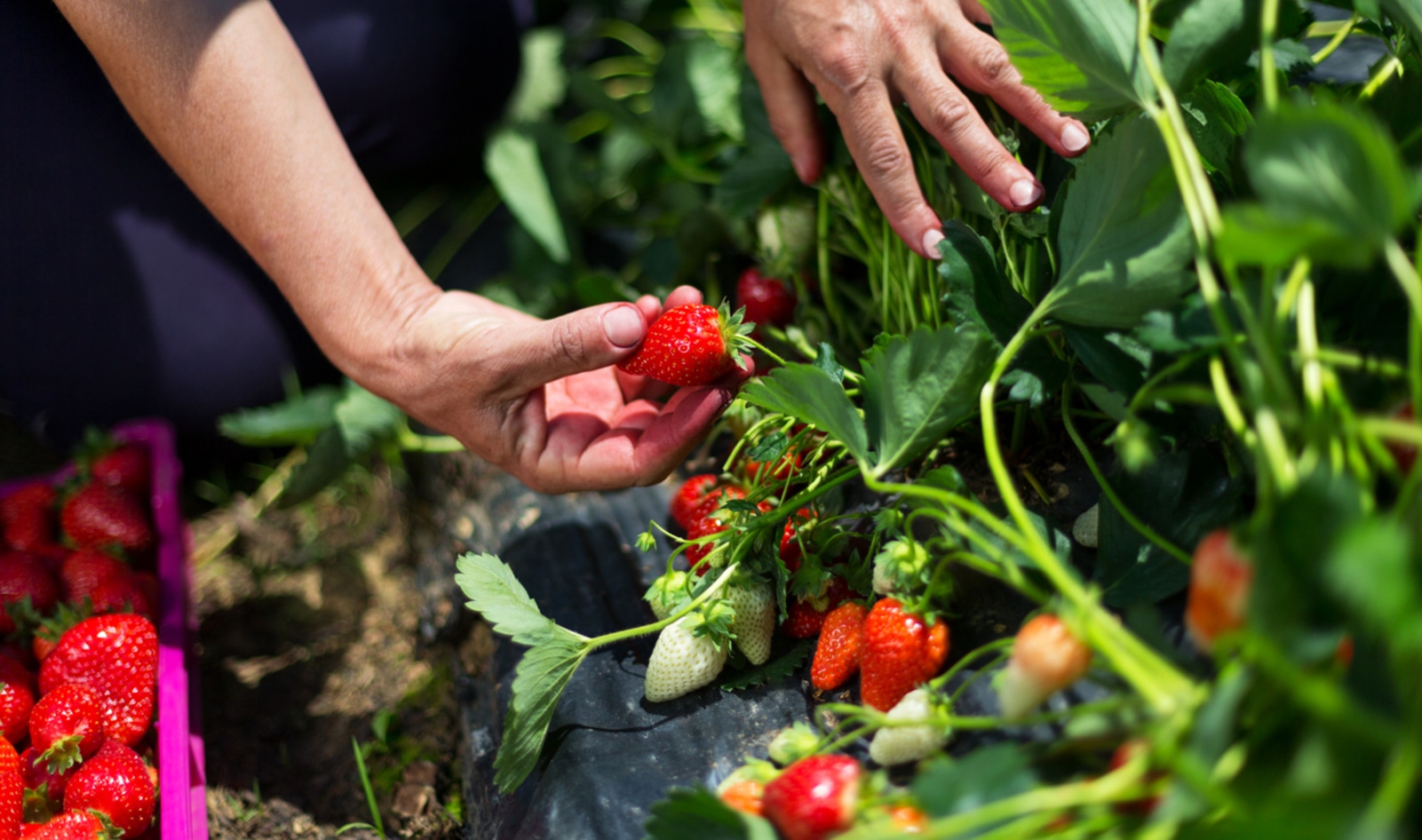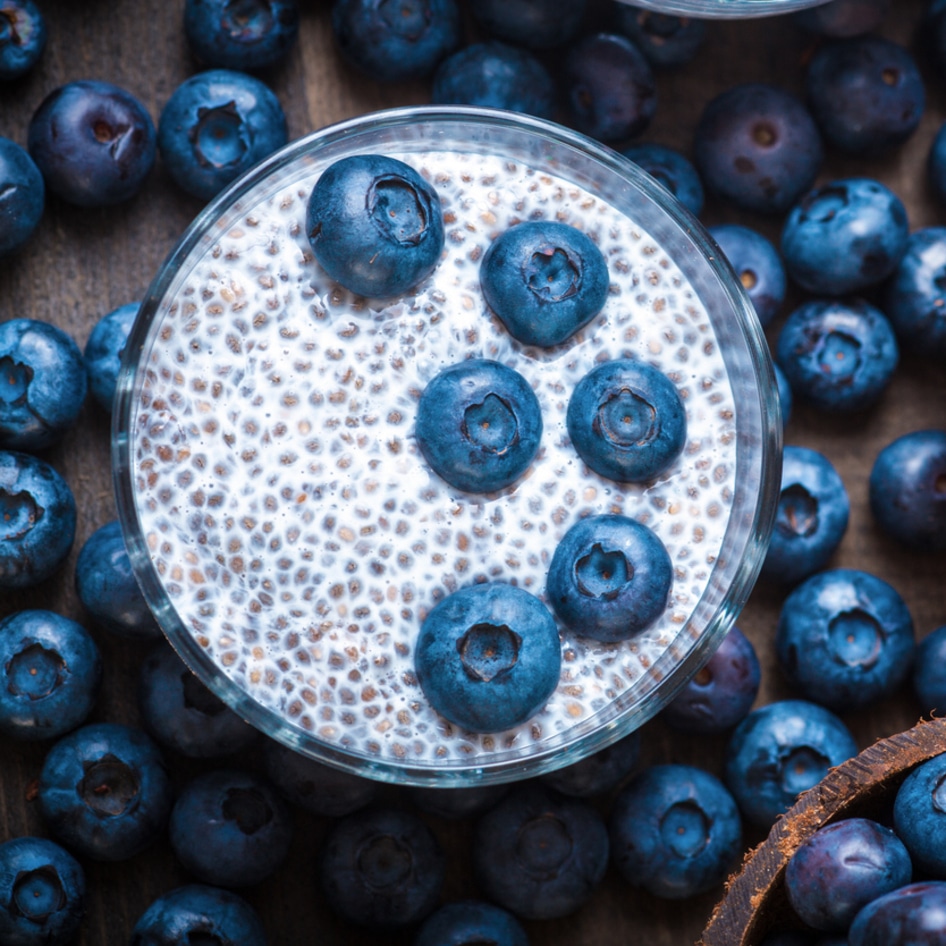The discovery of Clustered Regularly Interspaced Short Palindromic Repeats (widely known as just CRISPR) has been revolutionary in many ways. For one, it has transformed disease research. Just recently, scientists revealed they could cut HIV out of cells using the gene-editing technology, and it also has the potential to completely change the way cancer is treated, too. But CRISPR’s abilities don’t end there. It could also change the way that food tastes (making healthier foods more appealing to children, for example), and even save the food system from the brutal impact of the climate crisis.
Right now, extreme weather events, including drought, heatwaves, and floods, threaten essential crops all over the world. In fact, one 2021 study from NASA suggested that the impact of global climate change could impact crops within the decade. Maize yields are a particular concern, as the research suggested they could drop by 24 percent. “A 20 percent decrease from current production levels could have severe implications worldwide,” Jonas Jägermeyr, crop modeler and climate scientist, said at the time.
But, by improving their resilience, CRISPR could help to save more crops from falling foul to extreme weather events, which, as the human-driven climate crisis intensifies, are only set to become more common over the coming years.
 Pexels
Pexels
What is CRISPR?
CRISPR is, essentially, a revolutionary gene-editing technology. Adapted from a naturally occurring defense mechanism found in bacteria, the system enables scientists to make precise changes to the DNA of organisms. In 2020, Emmanuelle Charpentier and Jennifer Douda were awarded the Nobel Prize in Chemistry for pioneering CRISPR-Cas9. The technology is also known as “genetic scissors,” because of the way it can help researchers cut DNA.
“There is enormous power in this genetic tool, which affects us all,” Claes Gustafsson, chair of the Nobel Committee for Chemistry, said at the time. “It has not only revolutionized basic science but also resulted in innovative crops and will lead to ground-breaking new medical treatments.”
The statement from The Nobel Prize at the time noted that, since 2012, when Charpentier and Doudna first discovered the CRISPR-Cas9 genetic scissors, it has “contributed to many important discoveries in basic research,” adding that as well as leading to major breakthroughs in curing inherited diseases, plant researchers have “been able to develop crops that withstand mold, pests, and drought.”
In terms of crops, CRISPR can help scientists change and insert DNA into plants to make them more resistant to harsher surroundings. It could help make them less vulnerable to extreme temperatures, for example, and even help increase crop yield to produce more food for more people.
 Pexels
Pexels
Could CRISPR help fix the food system?
CRISPR is already helping scientists to overcome major challenges in the food system. In January 2024, for example, a paper published in Nature revealed that researchers in Kenya are working on making sorghum—a staple food across many African countries—more resilient to a parasitic weed, called Striga, using the gene-editing technology.
In Singapore, a company called Singrow launched the world’s first “climate-resilient” strawberry last year, which was also created with the help of CRISPR. In North Carolina, the scientists behind the food startup Pairwise are developing more nutritious crops, produce higher yields, and require fewer resources to grow with the technology. Earlier this year, the company was even acknowledged by Time Magazine as one of America’s Top Greentech Companies.
“Pairwise is not only developing agricultural crops that are more resilient to the changing climate, but also nutrient-dense produce that delivers improved convenience to consumers and has recently demonstrated seedless, thornless, and higher-yielding traits in berries without commensurate increases in land, labor, or water use,” —Pairwise CEOTom Adams
These companies are far from alone. According to the food innovation platform Forward Fooding, more than 50 companies around the world are currently using DNA technology to improve crops. It notes that since 2013, they have raised around €2.3 billion in funding.
CRISPR is not perfect. It’s important to note that this technology is still new, and more research is needed into the long-term effects of gene-editing crops. But so far, the progress is promising.
As well as a move away from animal agriculture, which is widely considered by scientists to be depleting the earth of natural resources and driving up emissions, CRISPR could be one of the key factors in building a more sustainable, resilient, nutritious food system, which may also be able to feed more people than ever.
For the latest plant-based news, read:
JUMP TO ... Latest News | Recipes | Guides | Health | Shop









